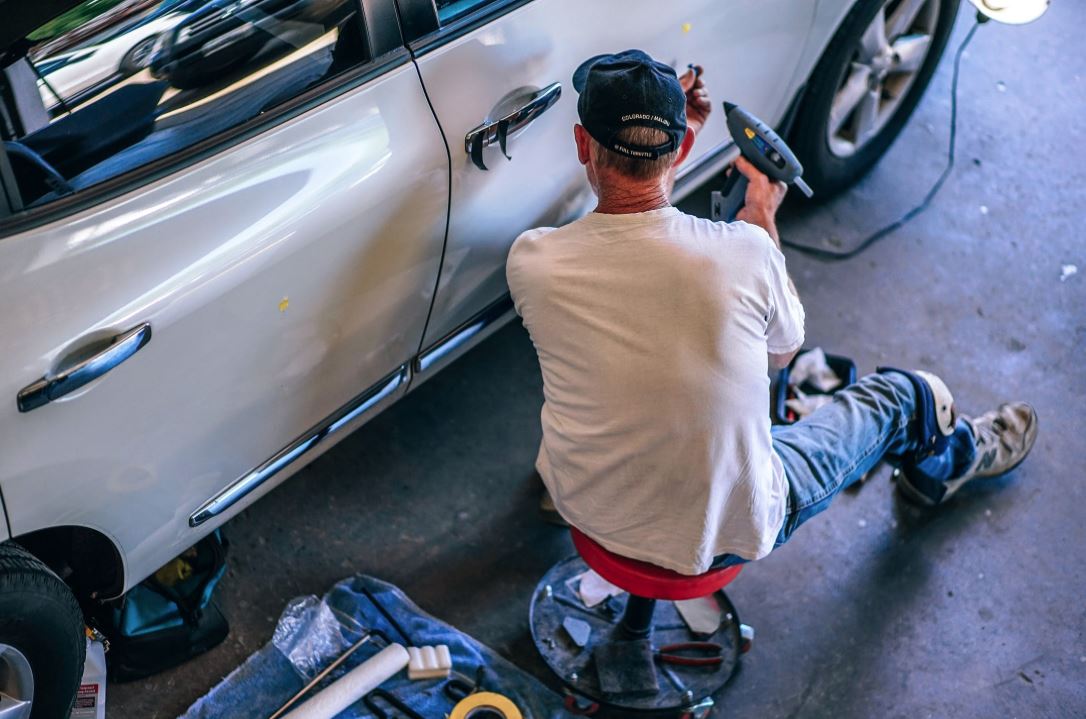Safety has been critical in humanity’s evolution. Since the beginning of time, we have learned to adapt and acclimatize to our surroundings and keep ourselves safe. Making shelters, crafting tools and weapons, and living in groups have all been necessary steps in ensuring our survival. As mankind has evolved over time, the dangers and risks they faced also changed, it went from surviving attacks from animals to surviving wars and battles against each other. Since the dawn of time, one thing has stayed constant, and that is mankind’s essential need for safety. As civilizations have progressed, we have found a way to ensure protection against a variety of risks and calamities. The process of having a financial backup or a safety net against risk is called insuring, and certain entities that provide this service are called insurers.
The ancient Chinese and the Babylonians were the first to ‘transfer’ risk, as early as the 2nd and 3rd millennia B.C. and as time passed simple payments to insure losses and damage, changed to lengthy contracts detailing the terms and conditions for various risks and premiums. The first known insurance contract was from Genoa, Italy and dates back to 1347. But it was not until The Great Fire of London in 1666 which made insurance a necessity. The Great Fire burned down more than 13000 houses, and until then insurance was just considered a ‘matter of convenience,’ and the mayor of London decreed that it then be changed to a matter of urgency. Life insurance policies were taken out as early as the 18th century, and one of the companies which offered life insurance called, the Society for Equitable Assurances on Lives and Survivorship laid the groundwork for an age-based premium based on mortality rates, which is now the basis for all life insurance schemes. In the late 19th-century accident insurance was made available in England, by the Railway Passengers Assurance Companies, after an increasingly high number of fatalities on the railway system. Germany was the first nation to introduce national insurance programs; it did so by borrowing certain traditions of welfare from the earlier empires of Saxony and Prussia, and in 1880 the chancellor introduced old age pensions, accident insurance, and medical care. After the Second World War, the nation of Great Britain, with more extensive legislation and expansion became the first modern welfare state.
India is home to a great many companies that provide insurance with very affordable fees and high premiums. And it has gone from being available via door to door salesman and banks to the convenience of a computer.
In a world where everything is fast paced and with more danger than ever, having an insurance policy is of extreme importance. One can find websites of companies that offer insurance policy compare, and choose one based on their requirements. People can now buy insurance policy online at the click of a button. Nothing in life is guaranteed, but taking steps and precautions for impending danger helps one pursue business and carry on without troubles and worries.






